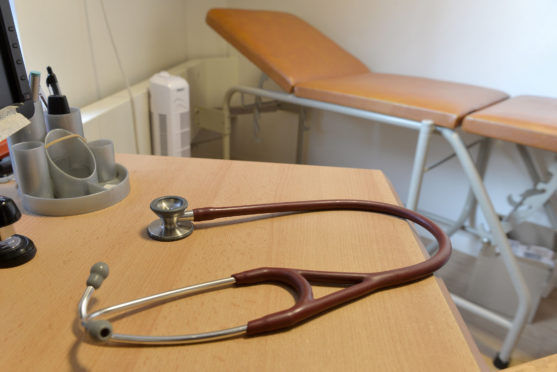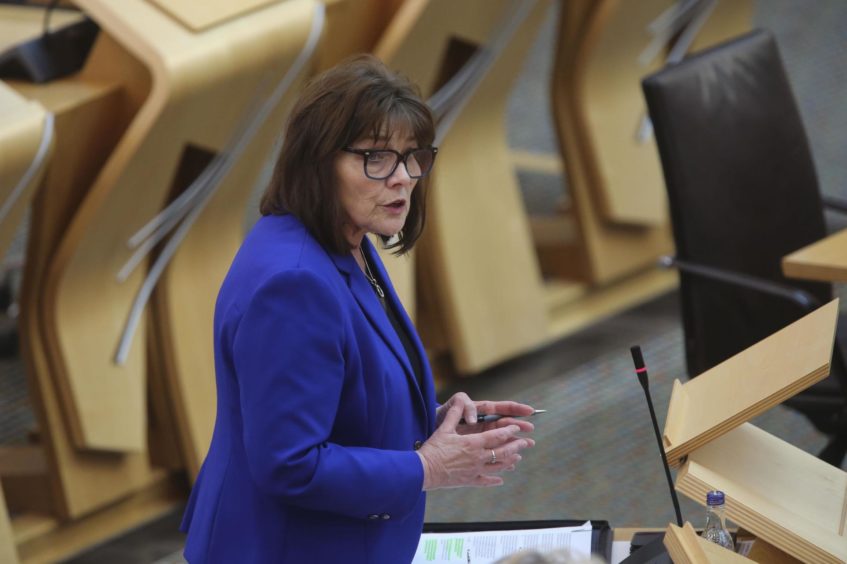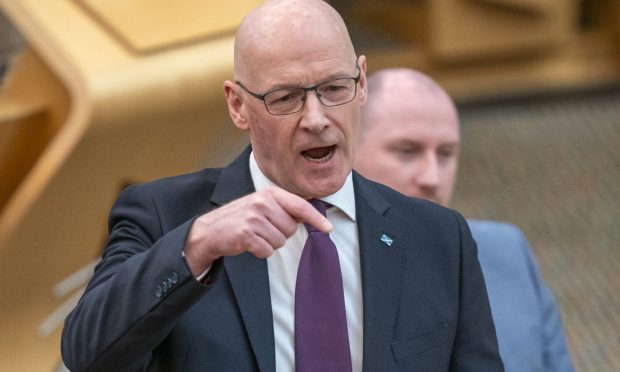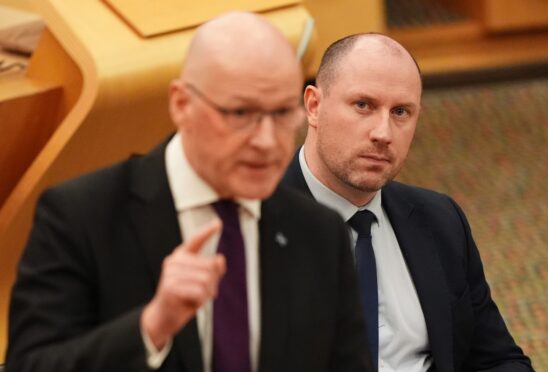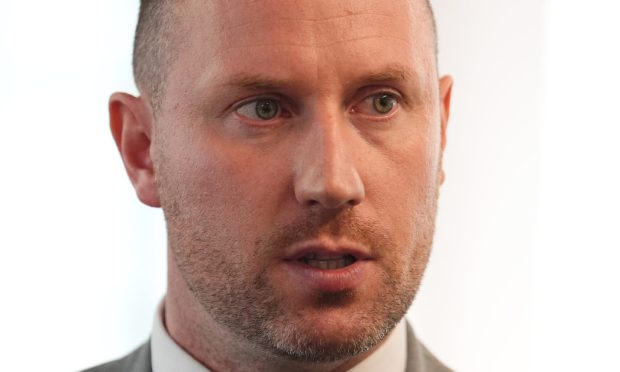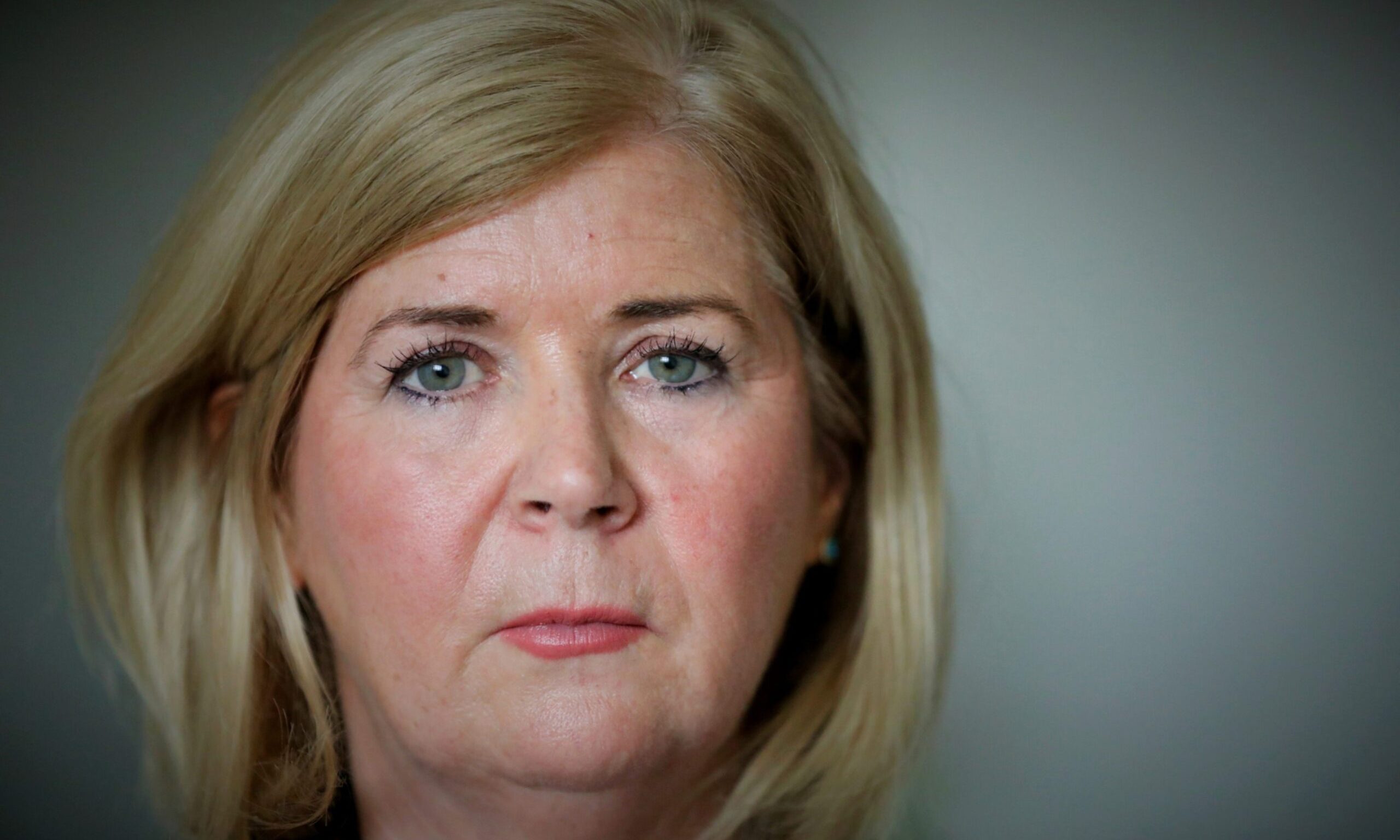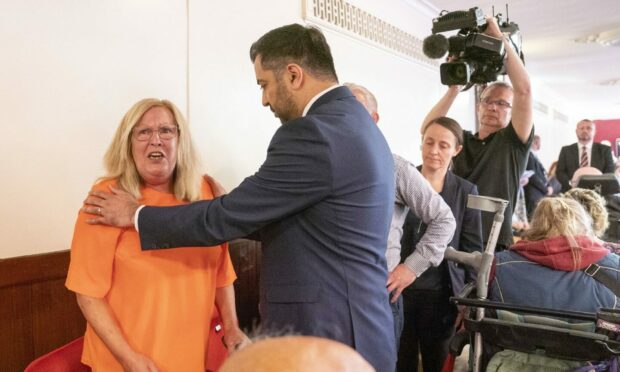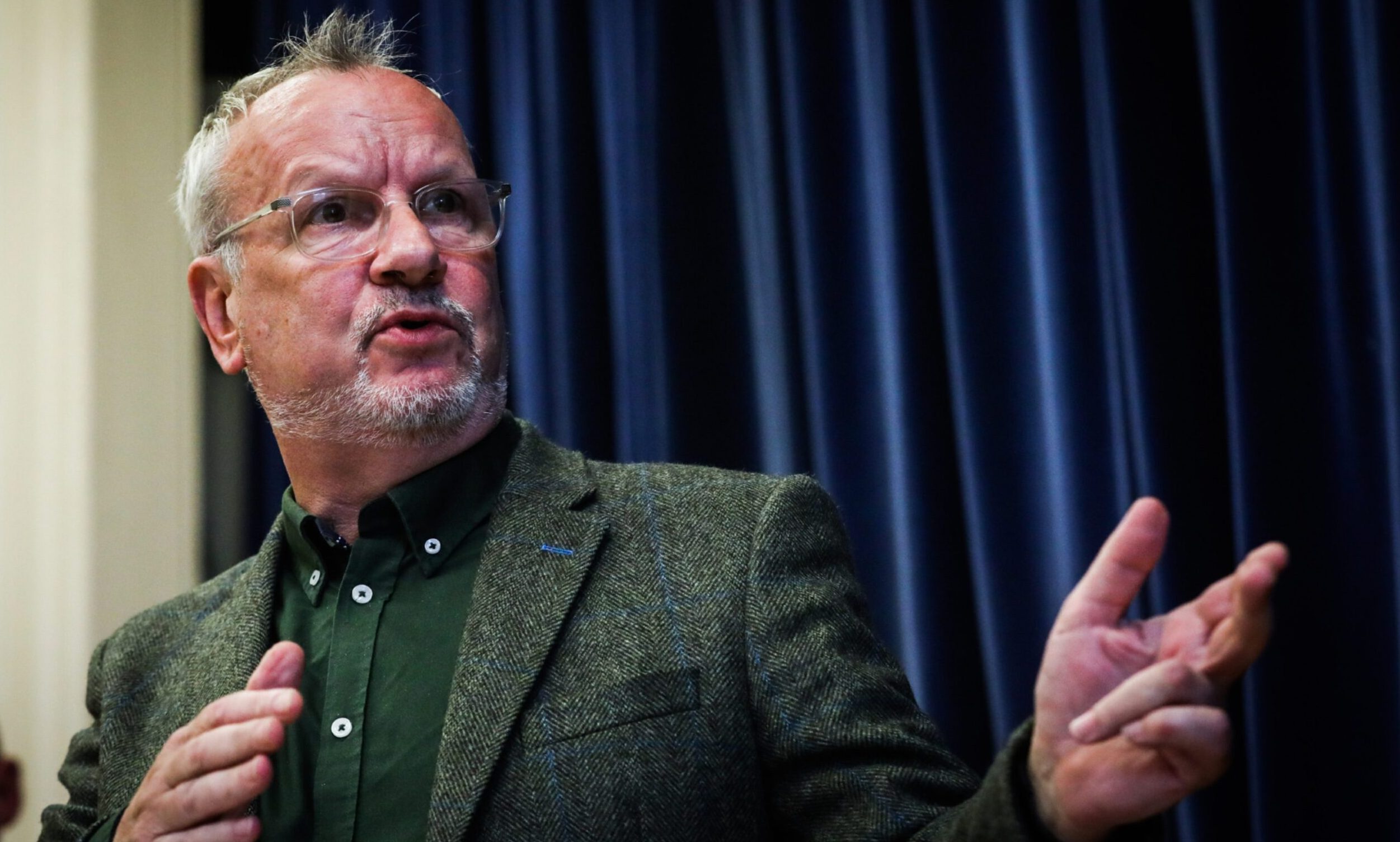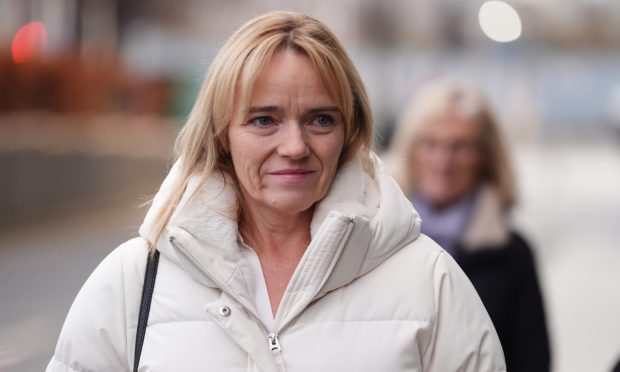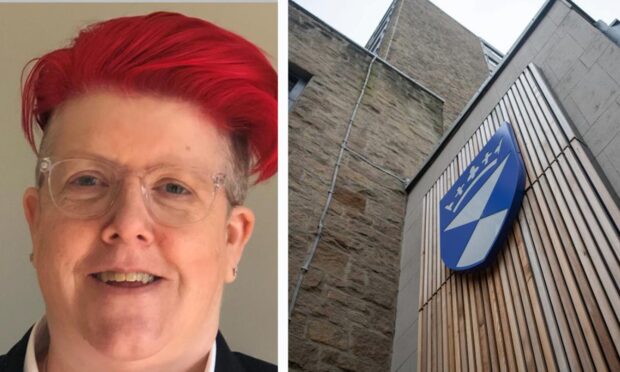Twice as many nurses will be needed to clear the backlog of cervical screening tests brought about by the coronavirus pandemic, it has been warned.
With non-routine smear tests restarting on Monday, programmes that seek to find the earliest stages of cancer and other abnormalities will start to recommence at surgeries across Scotland.
But because of the current social distancing measures and PPE requirements, each examination will take “twice as long”, one of the country’s top GPs has warned.
Dr Andrew Buist, chairman of the GP committee for BMA Scotland, said twice the capacity was going to be needed over the coming months to be able to deliver the cervical cancer screening programme effectively.
The Blairgowrie-based doctor also highlighted the pressures facing health service delivery in the coming 12 to 18 months, saying until a coronavirus vaccine is found and administered, patients will have to become accustomed to the “new normal”.
People will have to get used to this ‘new normal’ for the next year or so, until a vaccine can be found.”
Dr Andrew Buist, chairman of GP committee for BMA Scotland
Lockdown caused backlog
Dr Buist said there were around 100,000 smear tests currently needing to be carried out.
The Scottish Government announced on Monday smear tests were being restarted in a staged programme.
“Every month in Scotland 30,000 women are given smear tests,” he said.
“Of these, some 5,000 are non-routine.
“Because of lockdown, there is a backlog of at least 100,000 screenings which need to be done, with around 25-35,000 of these being non-routine.
“We have said to the Scottish Government we will work to get the non-routine screenings done first.
“There has been a reduced number of face-to-face consultations because of the pandemic, with doctors speaking to patients over the phone in the first instance.
“But with smear testing doctors have to see the patient face to face, and with all of the work needed to keep consulting rooms clean and PPE in place, consultations will take twice as long as normal.
“As a result, we need to double the number of practice nursing teams we have.
“We will need this additional capacity to get routine smear testing started, which is provisionally meant to restart in September.
“There are a variety of ways we can increase capacity – having nursing and health professionals from other areas becoming involved, for example.
“But the whole health service will struggle to see patients for procedures while capacity is reduced.
“NHS Scotland is still trying to work out how it will do this, but it is important to restart these programmes and clear the backlog, with non-routine screenings going first.”
Flu jab season will present similar problems
Dr Buist also pointed out the difficulties facing the influenza vaccine programme set to get under way in the winter months.
Because of the similarities in symptoms between flu and coronavirus, extra precautions will need to be taken, while there will need to be an understanding capacity will be reduced because of the length of time needed for sterilisation and PPE application.
“For the last decade GPs have been carrying out flu jab sessions, sometimes inoculating thousands of patients.
“Again, though, because of social distancing measures and PPE requirements, carrying out the vaccines will be more difficult to do.
“Drive-through centres, like the current Covid-19 unit at Kings Cross, for example, could be utilised.
“In any case, innovative solutions to getting people vaccinated will be needed.”
He added: “Until we get a vaccine for coronavirus, the NHS and its services will not return to how they were.
“People will have to get used to this ‘new normal’ for the next year or so, until a vaccine can be found.”
Cervical screening service resumes
Appointment invitations and reminders will be posted from mid-July, the Scottish Government has said, with invitations sent first to those who receive more frequent, non-routine cervical screening appointments.
Routine screening will restart once NHS Scotland has caught up with non-routine appointments affected by the pause.
This is understood to be as far away as September.
Health Secretary Jeane Freeman said: “Pausing the adult national screening programmes was one of a series of difficult decisions we have had to make in responding to the impact of Covid-19.
“The programmes were temporarily paused on March 30 in order to reduce the risk of patients becoming infected with the virus, to enable physical distancing and minimise the impact on essential NHS services as they responded to Covid-19.
“Our plans to resume the screening programmes are based on expert clinical advice and the recommendations of the Scottish Screening Committee. They have been discussed and agreed with health board chief executives as part of the planned safe and incremental remobilisation of NHS Scotland.
“The safety of patients and staff will continue to be our priority as the screening programmes restart and expand.
“I want to reassure you that we are taking these precautions so that we can safely offer the right care, at the right time, in the right place.”
